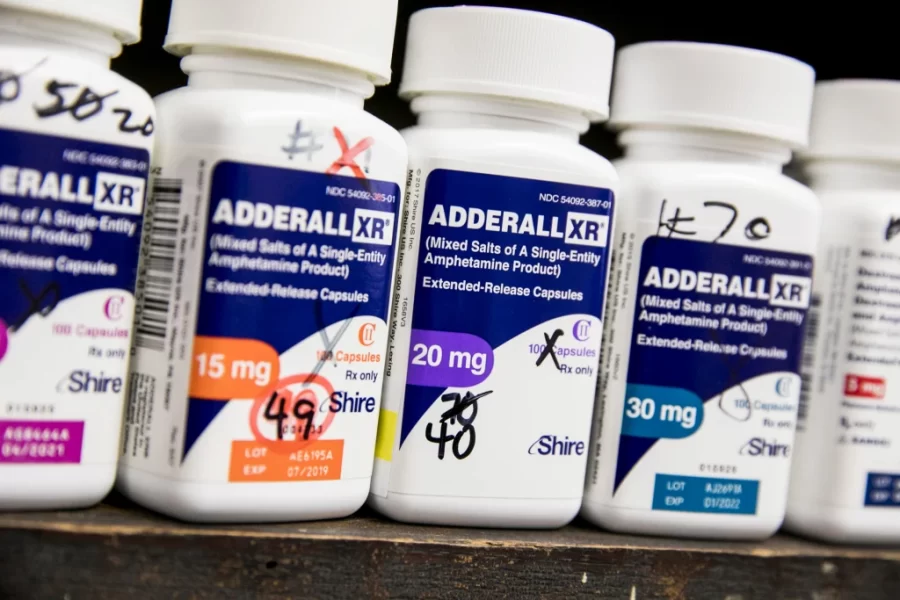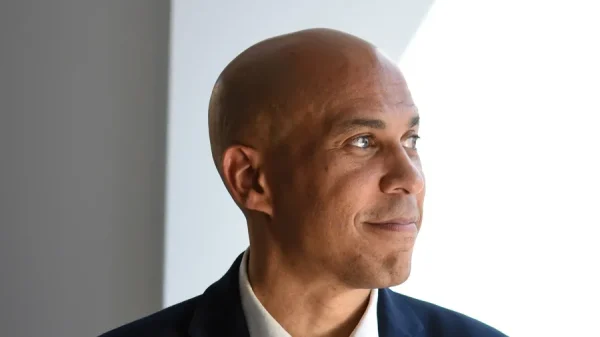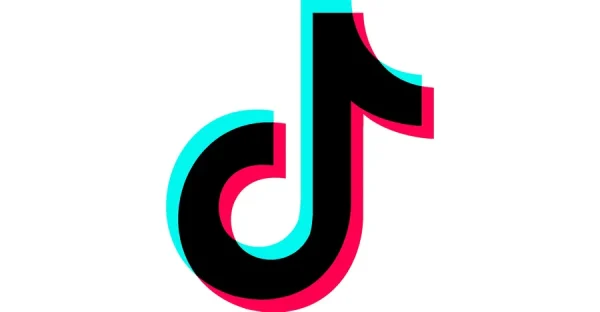National Adderall shortage persists
On Oct. 12, 2022, the FDA announced the shortage of Adderall, a prominent ADHD medication. The shortage has lasted five months and is leaving some individuals with ADHD unable to treat their symptoms.
Teva Pharmaceuticals, a top supplier of Adderall, confirmed this shortage and stated their stock issues are expected to continue until at least March. Teva Pharmaceuticals began having problems with their supply of ADHD medicine when both Adderall and amphetamine salts, a stimulant in most ADHD medication, were on backorder. This backorder occurred in August.
This shortage of Adderall has caused many customers to turn to other medications, like Ritalin, Concerta, and Focalin, which are now coming across their own shortages. The American Society of Health-System Pharmacists (ASHP) has reported drug shortages impacting almost 40 different types of ADHD medication.
Pharmacist Dr. Jincal Patel predicted a dilemma that could come out of the shortage.
“There are other medications. But, what we’re going to see now is once they start turning to those meds, guess what’s going to happen next, they’re going to have a shortage of those medications,” Patel said. “It’s a cycle that needs to end…we need to have alternative drugs in a pipeline, research, something to be done to get more meds in.”
Despite these mounting problems, the Drug Enforcement Administration (DEA), which is responsible for the supply and release of Schedule II drugs, is not increasing the manufacturing quota for 2023. The FDA has stated it will take action against this shortage by monitoring stock and assisting manufacturers.
Some individuals with ADHD are struggling to treat themselves because of this shortage. Studies show that stimulants found in ADHD medication can improve composure at work and school, reduce the risk of depression, and decrease anxiety. ADHD medications can also increase attention span, lessen executive dysfunction, and control impulsive or hyperactive behavior.
Freshman Camden Sosna finds that medication improves her symptoms.
“There’s a lot going on in my head without medication and when I take it, it lets me focus in on one thing and allows me to get things done, and helps with those blocks that there are there when I do try and do things,” Sosna elaborated. “Like, it’s easier to start a new thing or stop something. It’s easier to function overall.”
Some argue that this shortage comes from the increase in ADHD diagnoses and prescriptions over the years. Trilliant Health, a data company, reported that ADHD prescriptions have increased by 15.1% during 2020, possibly due to the pandemic prompting doctors to diagnose and prescribe ADHD online. Adderall is also more accessible due to the changes in regulations after the pandemic. Startup companies like Done and Cerebral advertise their benefits on social media platforms like Tiktok and Instagram, promoting their ability to diagnose ADHD after a short phone call.
Supply chains can influence the speed of manufacturing due to the fact that most of the ingredients in popular medication do not come from the U.S. If other countries have manufacturing issues, worker shortages, or a national crisis, the U.S. does not receive the ingredients to create Adderall.
The nature of ADHD medication could also contribute to the shortage. Because of the nervous system stimulants present in Adderall, the DEA labels Adderall as a Schedule II drug because of its high potential for abuse. The FDA regulates the prescription size and the frequency of refill orders due to its risk for addiction, a precautionary measure that again limits the amount of ADHD medication a patient can have.
“You have to wait because you can’t put in your order for prescription early. But then when you do order it, it’ll take like two weeks to get there and sometimes even longer,” Sosna said. “Like I said, it’s really hard without it, and so you can just try and find something that works better and is more accessible to you and your pharmacy wherever you go.”
The continued shortage has already prompted desperate patients to purchase counterfeit Adderall, a practice that could endanger patients’ lives. Deaths from counterfeit Adderall laced with fentanyl, a drug 50-100 times stronger than morphine, have already been reported.
Doctors are advising individuals who are unable to receive their medication to ask different pharmacies for Adderall’s availability and consider alternative ADHD medication. Doctors additionally recommend patients eat healthily, exercise, reduce screen time, and keep a steady sleep schedule to help manage and alleviate symptoms of ADHD.
Health nurse Mrs. Janet Lee encourages students to visit the health room if experiencing any hardship due to this shortage.
“My advice to any student affected by the shortage would be to make sure to communicate any and all feelings they are experiencing with the shortage (physical and mental) to their parent or a trusted adult,” Lee recommended. “…any students wanting to discuss these challenges or ANY other subjects of concern, can discuss them discreetly with the School Nurse without any fear of negative results from these discussions.”
Your donation will support the student journalists of Poolesville High School. Your contribution will allow us to purchase equipment and cover our annual website hosting costs.

Shalini Pandey is a freshman in the Humanities program and this is her first year writing for The Pulse. Her favorite TV characters are Elmo and Emily...









